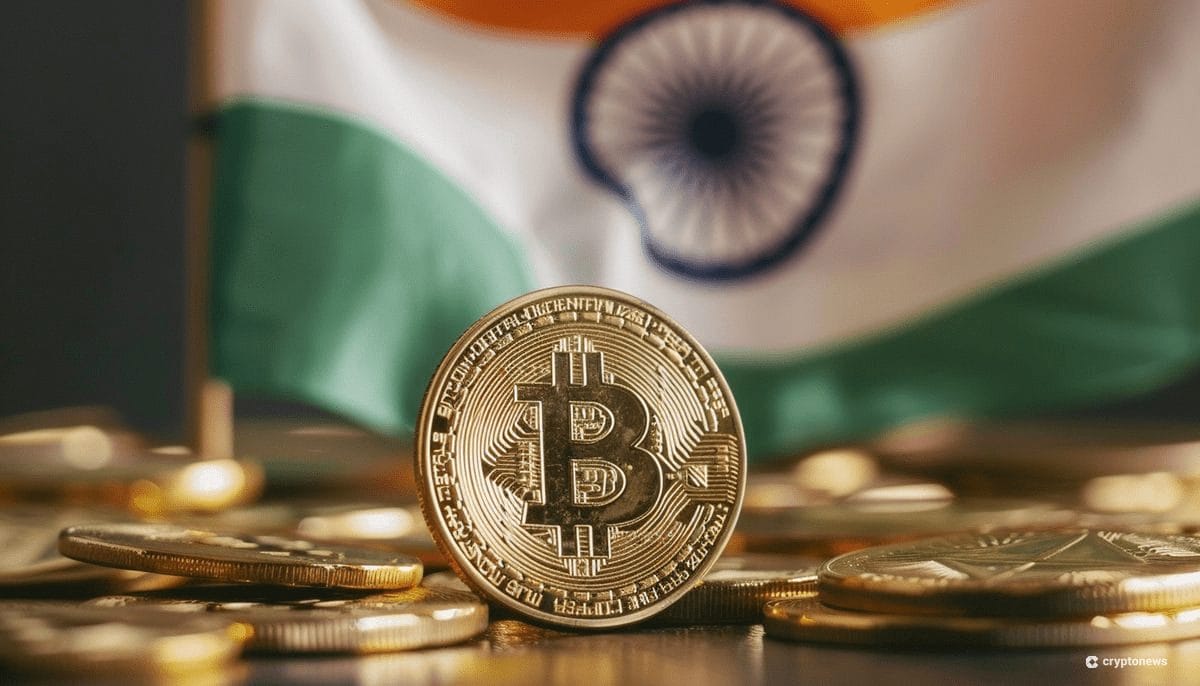Indian Crypto Investors Call for Fairer Rules and Taxation
By
Leah Rosenfeld
Last updated:
September 16, 2025
First Published:
September 16, 2025

Photo: Crypto News
A new survey has shed light on the growing frustration among India’s crypto investors. More than ninety percent of participants expressed that they want clear regulations for digital assets, while eighty four percent said they view the current taxation structure as unfair. These findings highlight the urgent need for reform in one of the world’s fastest growing crypto markets.
Rising adoption despite challenges
India has emerged as a key hub for crypto adoption, with millions of young investors entering the market over the past few years. Despite global volatility, enthusiasm for digital assets continues to rise. However, unclear rules and high taxation have created uncertainty for traders, startups and institutional players.
The burden of heavy taxation
Under India’s current framework, profits from crypto trading are taxed at thirty percent, and transactions are subject to an additional one percent tax deduction at source. For many investors, this combination has made trading unattractive and in some cases unsustainable. The survey reveals widespread dissatisfaction, showing that the majority feel locked out of fair participation.
Why regulation is a priority
Investors are not only seeking lower taxes but also clear regulatory guidelines. Without a consistent framework, many fear the industry will remain unstable. The lack of clarity has discouraged businesses from setting up shop in India, leading to concerns about innovation moving abroad.
Voices from the community
Crypto enthusiasts in India have repeatedly argued that regulation would protect investors from fraud, improve transparency and attract foreign investment. By providing a structured framework, the government could build trust in the ecosystem while ensuring accountability for exchanges and other service providers.
Political and economic implications
The survey results arrive at a time when India is positioning itself as a leader in digital transformation. Ignoring the concerns of millions of crypto investors could undermine broader financial inclusion goals. Policymakers will have to weigh the economic benefits of a thriving digital asset sector against their concerns over financial risk.
How investors are adapting
Many Indian traders have shifted their activity to international exchanges or decentralized platforms to avoid the burden of local taxation. Others have reduced their trading volume altogether, waiting for reforms before fully reentering the market. This behavior suggests that without change, India could see capital and talent moving abroad.
The opportunity for reform
If India revises its approach to crypto taxation and introduces structured regulation, it could unleash a new wave of investment and innovation. Clear rules would encourage responsible growth while ensuring that the government still benefits from tax revenue. The challenge lies in striking a balance between oversight and freedom.
International comparisons
Other countries such as Singapore and the United Arab Emirates have adopted more favorable tax and regulatory policies, resulting in strong crypto ecosystems. India’s investors are keenly aware of these global trends and worry that their nation could miss out if it fails to adapt quickly.
Looking ahead
The survey makes one thing clear: India’s crypto community is eager for fair treatment. With more than ninety percent demanding regulation and most calling for a tax review, the government faces increasing pressure to act. The decisions taken in the coming months may determine whether India becomes a global leader in digital assets or lags behind in a competitive international market.
Popular articles
Subscribe to unlock premium content
Disney’s Timeless Magic and How the Entertainment Giant Continues to Shape Culture and Innovation

Imran Khan’s Economic Missteps Amid Political Chaos in Pakistan

The Philippines’ Digital Shift How Remittances and BPO Are Fueling Growth

Disney’s Timeless Magic and How the Entertainment Giant Continues to Shape Culture and Innovation

Imran Khan’s Economic Missteps Amid Political Chaos in Pakistan

Disney’s Timeless Magic and How the Entertainment Giant Continues to Shape Culture and Innovation









